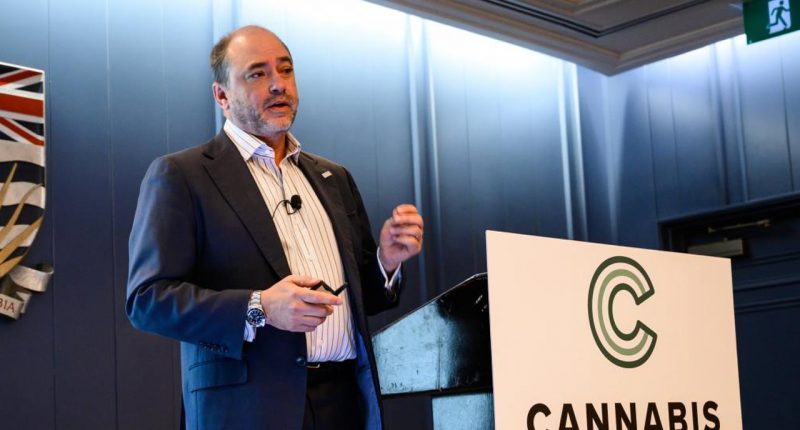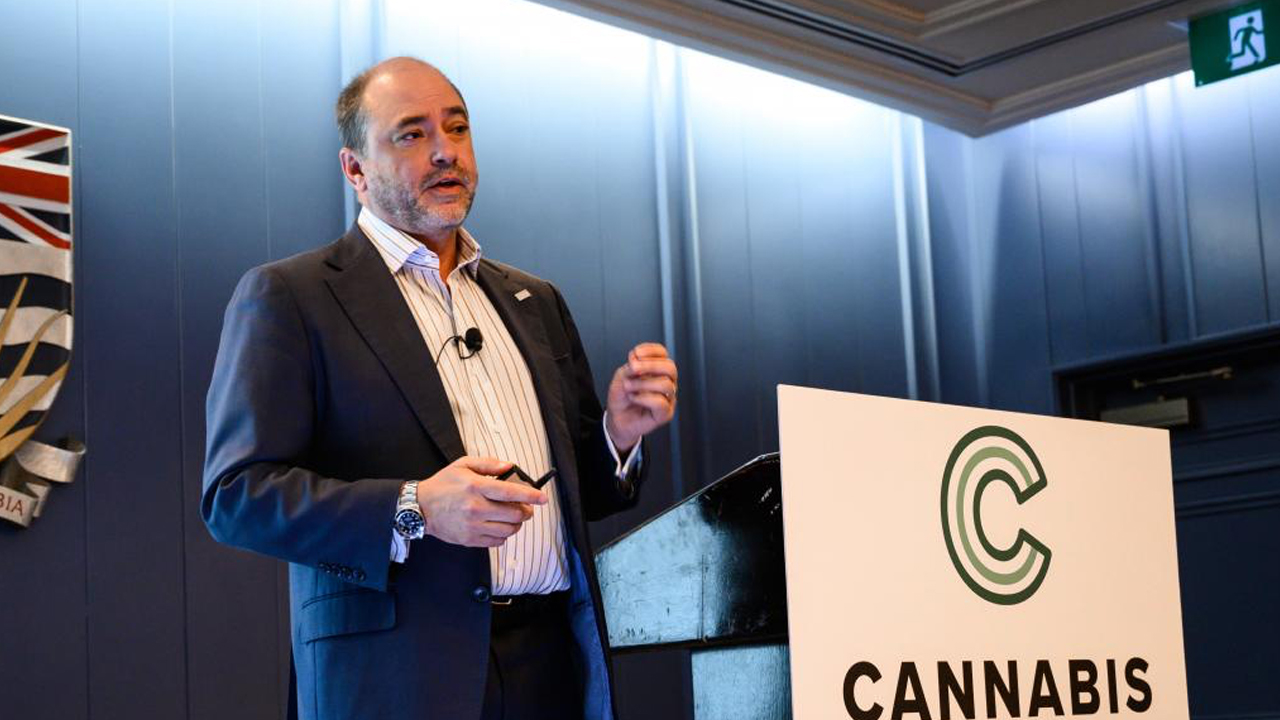- Dixie Brands (CSE:DIXI-U) has signed a binding term sheet with BR Brands to merge via a reverse takeover
- Dixie brands will have an implied value of C$43.2 million as a result of the reverse takeover by BR Brands
- Upon completion, BR Brands and Dixie Brands will own 80 per cent and 20 per cent, respectively, of the entity
- The transaction is expected to be completed by the third quarter of this year
- Dixie Brands (DIXI-U) is currently steady, with shares trading at $0.14 and a market cap of $16.85 million
Dixie Brands (CSE:DIXI-U) has signed a binding term sheet with BR Brands to merge.
Both companies own portfolios of successful cannabis brands, and are already well established in the industry.
At the top of BR Brands’ suite is the topical provider Mary’s Medicinals. The company also owns California-based Defonce, Beezle and Rebel Coast.
BR Brands has a market footprint extending across eleven US states, as well as Puerto Rico.
Under the terms of the agreement, BR Brands will combine with Dixie by assuming the publicly traded platform via a reverse takeover.
The takeover will give Dixie and implied valuation of C$43.2 million. Once completed, BR Brands and and Dixie will hold an 80 per cent and 20 per cent interest in the final entity respectively.
Chuck Smith, President and CEO of Dixie, said that the merger will bring two of the most trusted Canadian brands together in on of the industry’s broadest entities.
“The challenges of the current cannabis related capital markets have guided Dixie to look for a strategic partner in order to solidify a platform we can leverage for long-term, stable growth for our shareholders.
“We are very pleased with the fundamentals of the deal as they will strengthen our balance sheet by decreasing debt, improving our cash position, and providing opportunities to enhance revenue growth and capture greater margin,” he said.
In anticipation of the deal, BR Brands will provide Dixie with prepaid distribution and licensing fees of up to $1 million.
While the exact structure of the transaction is yet to be determined, common shares of the resulting entity will continue to be listed and open for trading on the Canadian Stock Exchange.
Andrew Schweibold, Chairman of BR Brands, confirmed Smith’s sentiments.
“BR Brands and its affiliates have had a long-standing relationship with Dixie, rooted in a deep respect for its platform and product portfolio.
“With the consummation of this transaction, the resulting entity is poised to build upon our product portfolio, develop best-in-class IP and expand our geographic footprint, all while remaining laser-focused on continuing to meet the needs of our consumers,” he said.
The resulting entity’s Board of Directors will include three nominees from BR Brands and two from Dixie.
Chuck Smith will become President and CEO, while Andrew Schweibold will serve as Chairman.
“One of the strongest components of this merger is the strength of the respective teams at the corporate, brand, and operating levels.
“I look forward to working closely with our counterparts at BR Brands as we finalize our plans to combine,” Smith said.
Dixie Brands (DIXI-U) is currently steady, with shares trading for $0.14 at 10:58am EST.





